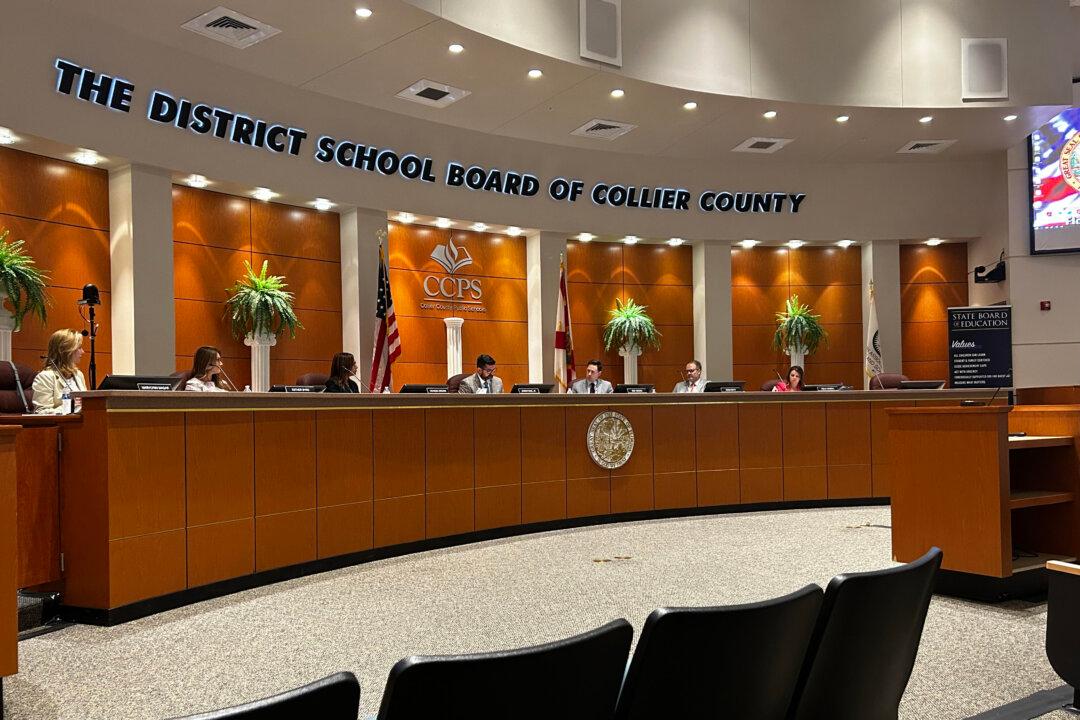NAPLES, Fla. — From books to bathrooms, laws and rules being passed by Florida legislators and members of the State Board of Education are tightening restrictions on the LGBT community. Despite efforts, members of the LGBT community in Florida find themselves losing debates, losing ground, and, more noticeably, losing their tempers.
Evidence of the growing frustration was on full display at the Aug. 23, 2023 meeting of the Florida State Board of Education (SBE) in Naples, as members passed measures to further restrict transgender ideology in the state’s education system. Florida Department of Education (DOE) Commissioner Manny Diaz, Jr. was also present.





